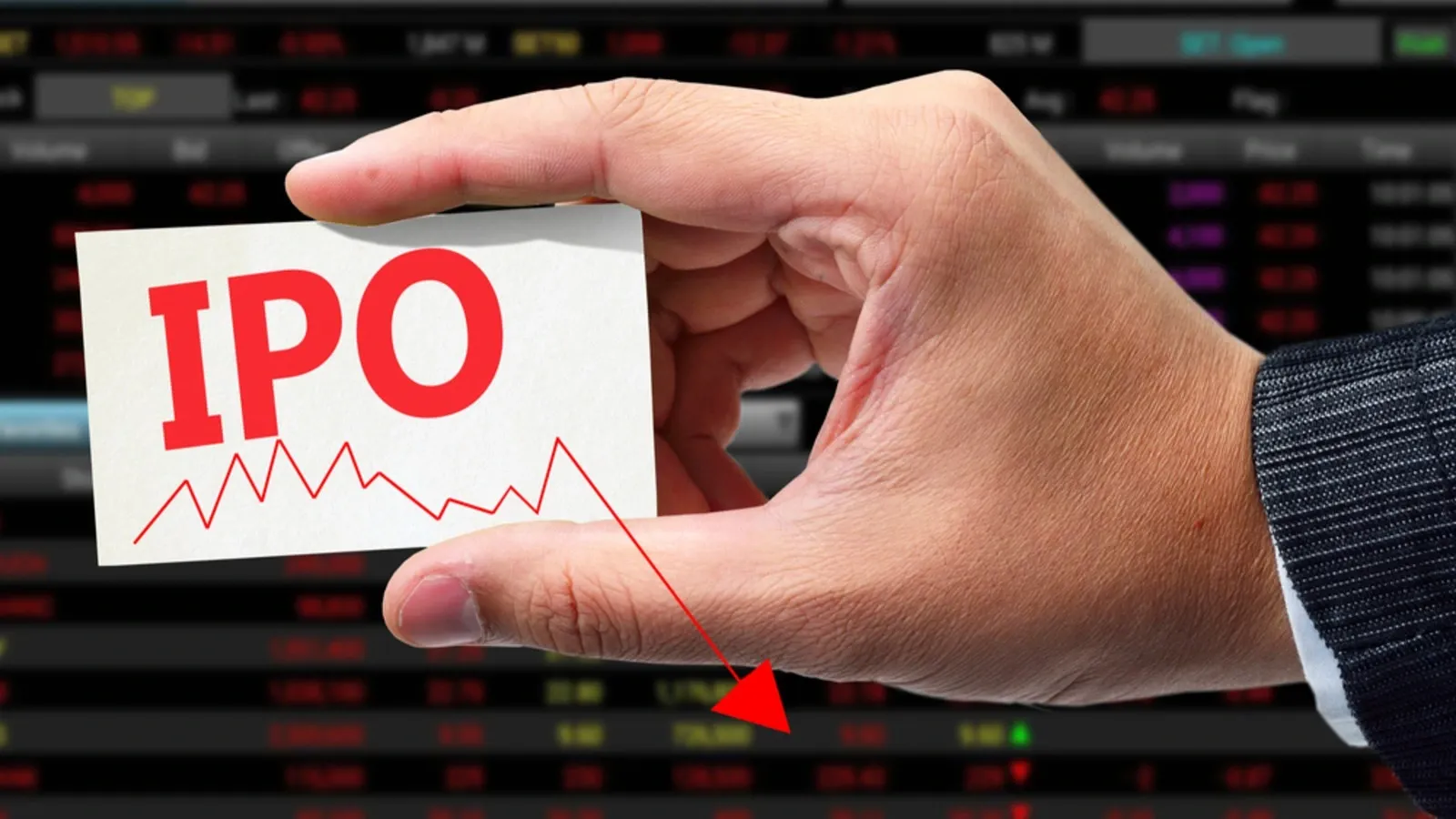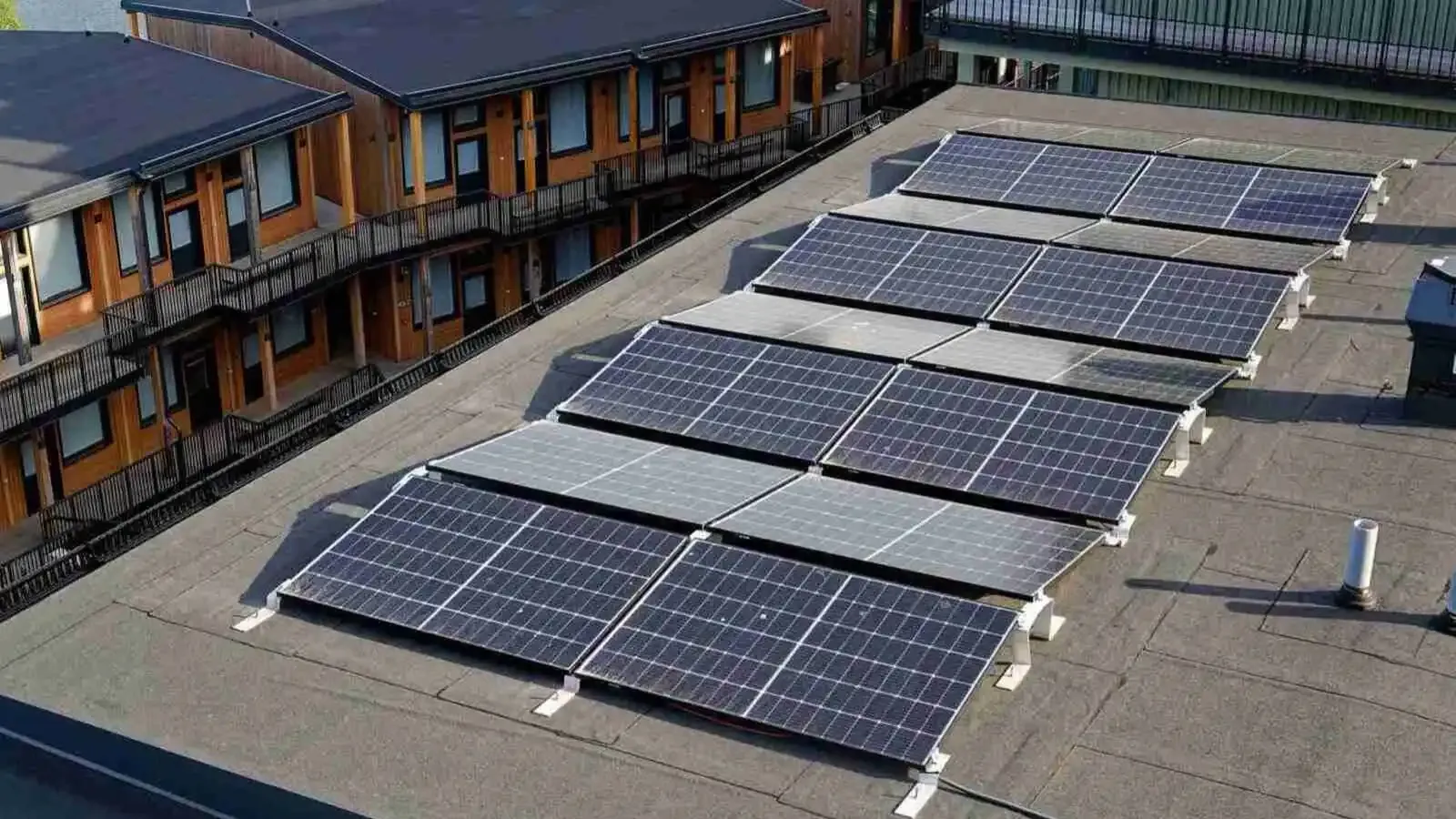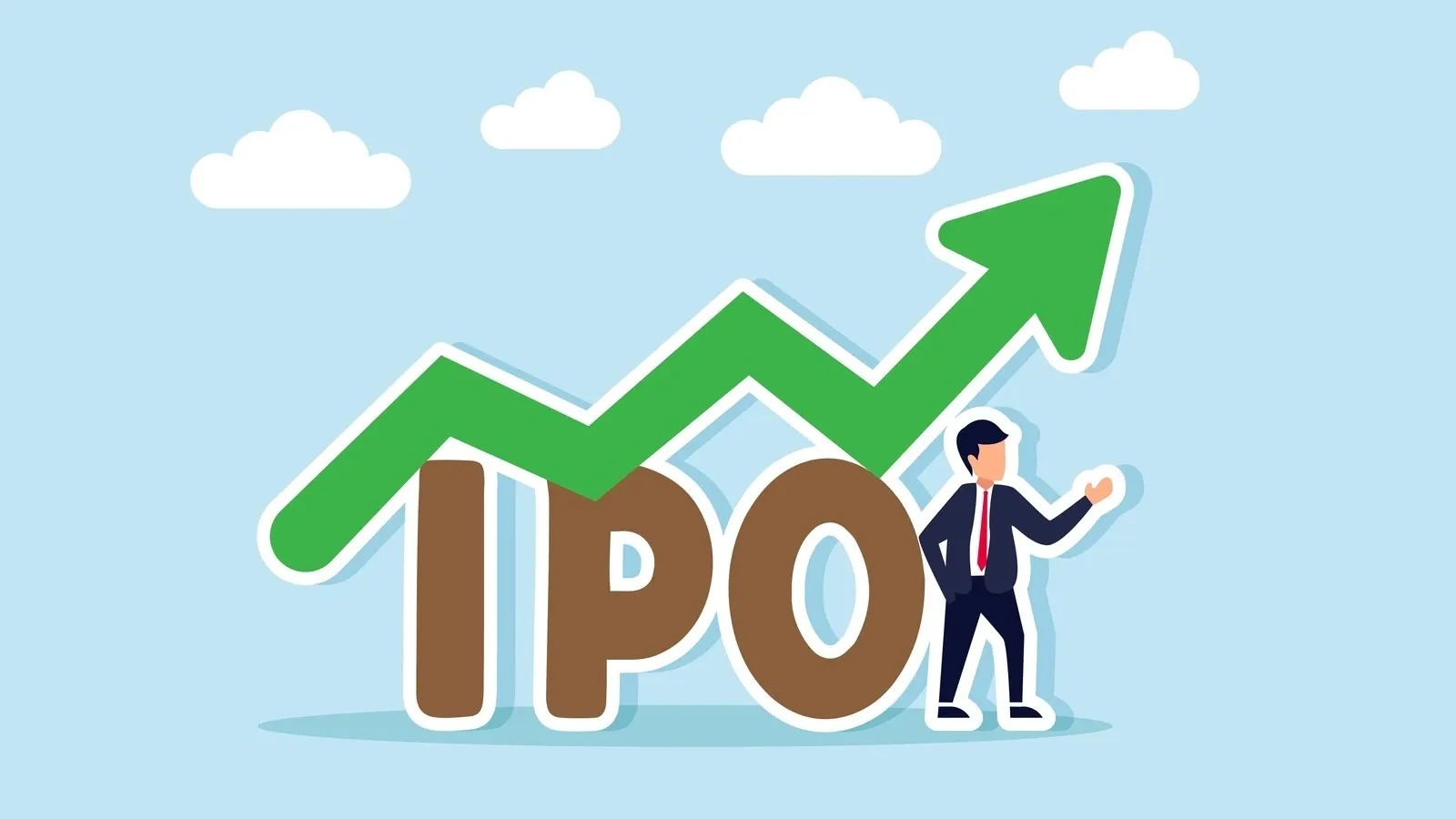IPO - Initial Public Offerings 2026

Open IPOs
Upcoming IPOs
There are no upcoming IPOs at the moment
Closed IPOs
How to apply for IPOs on Upstox
Step 1
Go to www.upstox.com/ipo or open the Upstox mobile app and select the IPO you wish to apply for from the 'Open IPO' section
Step 2
Click on apply, enter the lot size, price and provide your UPI mandate.
Step 3
Approve the UPI mandate on your UPI app and you are all set!
Latest News on
About IPO
An Initial Public Offering (IPO) is a significant milestone for a privately held company, marking its first sale of shares to the public to raise equity capital. This process transforms a private entity into a publicly traded company. IPOs offer investors the chance to earn potential returns from the company’s future growth but also carry risks. The pipeline for IPOs in India seems robust, with many big companies scheduled to launch their public offers in the coming months. Companies launch IPOs for various purposes like funding growth, capital expenditure, technology upgrades and building brand visibility from trading on the stock exchanges.
How to apply for an IPO on Upstox?
Web: You can apply for an IPO on the Upstox website. Go to https://upstox.com/ipo/ and log in with your credentials. From the list of open IPOs, select the IPO you want to apply for and click "Apply." Enter details like the cutoff price, lot size, and UPI ID for the mandate. Approve the UPI mandate on your UPI application. You can track your application status from the My Application tab.
App: Follow steps given below to apply for IPO on Upstox app.
- Log in to the Upstox app using your 6-digit PIN or biometric authentication.
- Go to the More tab in the bottom menu, and select IPO.
- In the Explore section, Select the IPO you want to invest in and click on Apply Now.
- You can also view SME IPOs by selecting the Show SME checkbox.
- Click Apply Now or tap on View Full Timeline for detailed IPO information.
- Complete the required details and hit Continue to Apply.
- Enter your UPI ID and click Continue to Apply again to make the payment.
Frequently asked questions
What is an IPO, and how does it work?
How can I invest in an IPO through Upstox?
What are the benefits of investing in IPOs?
What factors should I consider before investing in an IPO?
- Home/
- IPO
How to apply for IPOs on Upstox
Step 1
Go to www.upstox.com/ipo or open the Upstox mobile app and select the IPO you wish to apply for from the 'Open IPO' section
Step 2
Click on apply, enter the lot size, price and provide your UPI mandate.
Step 3
Approve the UPI mandate on your UPI app and you are all set!
























